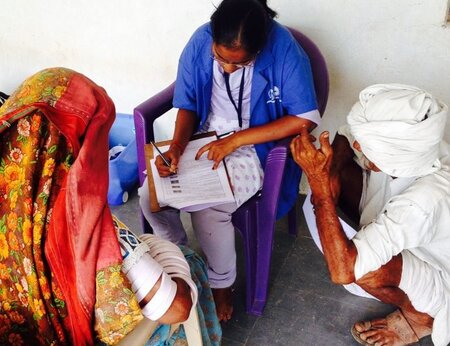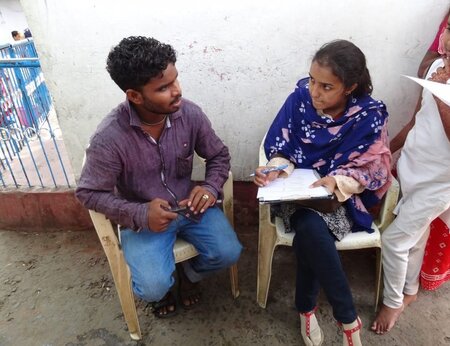The Washington Group Blog
Learning From The Use Of The Washington Group Questions In Development And Humanitarian Programmes
This post discusses issues in collecting disability data in humanitarian situations, and the experience of using the Washington Group Questions in those settings.
Learning Lessons From Using The Washington Group Questions In Education Programming
Girls Education Challenge (GEC) is a flagship DFID programme aiming to help up to a million of the world’s poorest girls across 18 countries to improve their lives through education.
From UNESCO: What We Know (And The Great Deal We Don’t) About Education And Disability
A new paper from the UNESCO Institute for Statistics (UIS), Education and Disability, presents the first in-depth analysis of available data for 49 countries. It confirms that persons with disabilities are less likely to ever attend school, more likely to be out of school and that they tend to have fewer years of education than persons without disabilities.
Disability Data For Effective Policy Design: Reflections From The TEACH Project In Pakistan
As part of the Teaching All Children Effectively (TEACH) project the University of Cambridge and IDEAS, Pakistan used the Washington Group’s Child Functioning Module for children aged 5 to 17 years. They collected data across 1050 households in 3 districts of Punjab province. The findings note some important results, particularly in relation to education, which was a key focus of the TEACH project.
Using The Washington Group Questions To Monitor Inclusion Of Persons With Disabilities In Nepal, Cameroon, India And Guatemala
Researchers at the International Centre for Evidence in Disability used the Washington Group tools to estimate the prevalence of disability and its relation to outcomes like education and employment in Cameroon, Guatemala, India, and Nepal. They find significant evidence that people with disabilities are more likely to be excluded.
The Washington Group Questions In Action: Six Lessons Sightsavers Has Learned So Far…
A follow-up to Sightsaver’s previous blog entry in this series, this entry explains the key findings from using the Washington Group questions in a programmatic setting: words matter, education on the WG Short Set is essential, practice makes perfect, inclusive data collection generates demand, and intersectionality is critical.




